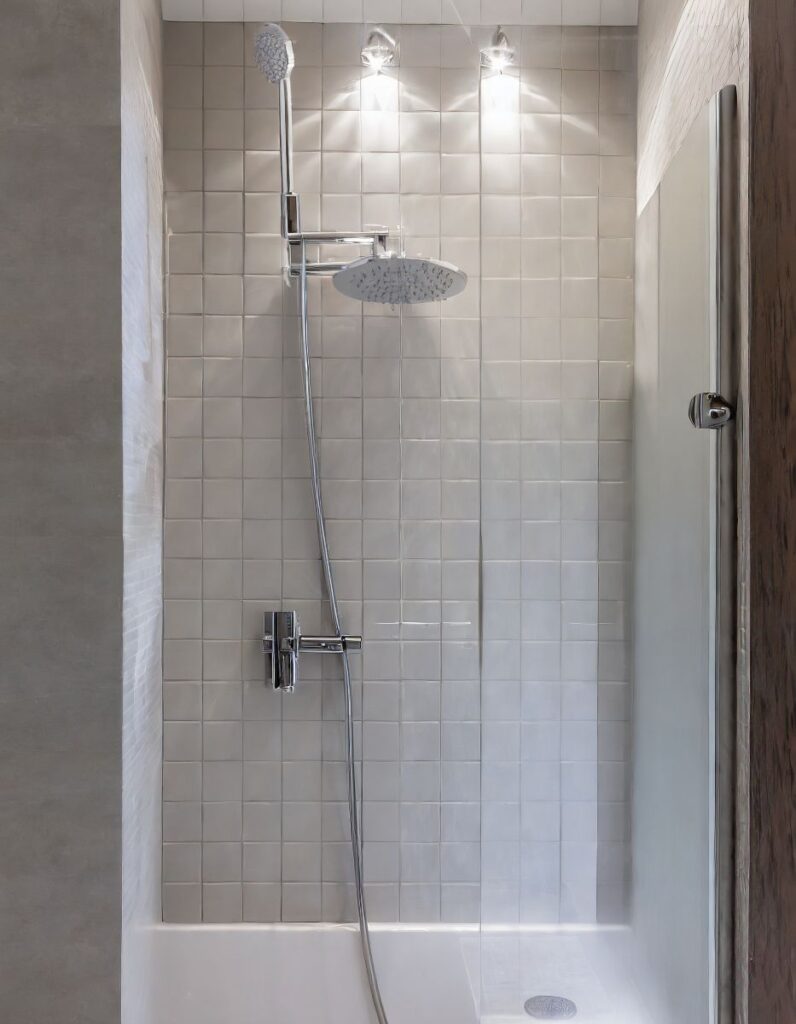
When it comes to taking a shower, temperature isn’t just a matter of personal preference—it can also have significant impacts on your health and skin. The temperature of your shower may affect your body in various ways, from the health of your skin and hair to your circulatory system.
Moreover, the “ideal” temperature can change depending on what you’re aiming to achieve with your shower—for instance, relaxation, invigoration, or deep cleaning.
Understanding the ‘Ideal’ Shower Temperature
1. Comfort and Cleanliness:
Most people prefer a shower temperature that is warm but not too hot. Typically, this temperature ranges from 98°F to 105°F (37°C to 41°C). At this range, you are likely to feel comfortable and your body can effectively cleanse itself. Warm water helps to open the pores, which can facilitate the removal of dirt and oil.
2. Health Considerations:
For the elderly or individuals with certain health conditions, such as cardiovascular diseases, the ideal temperature might be slightly cooler. This helps to prevent the risk of overheating or vasodilation, which can be taxing on the heart. Individuals with sensitive skin, eczema, or psoriasis may also benefit from cooler showers that do not exacerbate their skin conditions.
3. Circulation and Recovery:
Athletes or those looking to improve circulation may opt for variations in temperature. While warm water can improve blood flow, ending a shower with cool water can help reduce muscle inflammation and stimulate blood circulation, leading to quicker recovery after exercise.
4. Sleep and Relaxation:
A warmer shower can aid in relaxation, especially before bed. The warmth can increase the body temperature slightly, which may help you feel sleepy as your body cools down afterward. Aim for a temperature that is soothing and not overly hot, as excessive heat can overstimulate the body and make it harder to fall asleep.
5. Environmental Impact:
Last but not least, consider the environmental and economic impact of your shower temperature. Hotter water requires more energy, which can increase your household’s carbon footprint and your utility bills. Moderation in shower temperature can contribute to energy conservation.
In conclusion, there isn’t a one-size-fits-all answer to the ideal shower temperature. It’s essential to consider your personal comfort, health, and environmental impact when setting your shower temperature. Always listen to your body, and adjust the temperature as needed to find what works best for you. Remember to consult a healthcare professional if you have specific health concerns related to shower temperatures.
